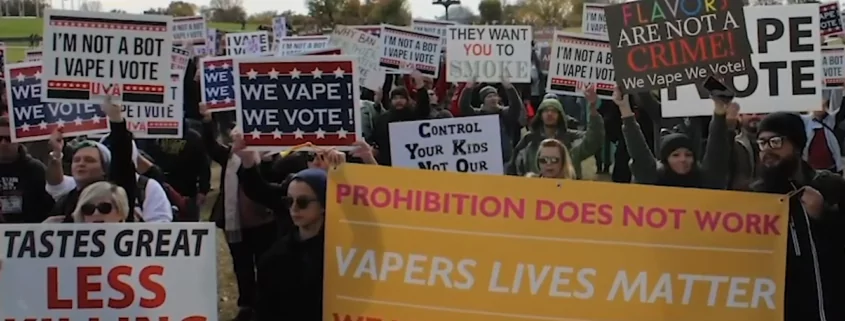Vape Ban in Countries: Examining the Global Debate
It’s undeniable: the vaping landscape is rapidly changing. But, why is this happening? Are these bans justified? Or are they disregarding a potentially useful smoking cessation tool? Let’s dive in and explore.
A wave of vape-related legislation has been washing over countries globally. Worries about their increasing popularity among youth, loose regulatory controls, and environmental impacts have culminated in significant changes to vaping laws.
Who’s Banning Vapes and Why?
Several nations have introduced stringent restrictions or even outright bans on vaping products.
Australia’s Vaping Laws
Australia has initiated a ban on single-use, disposable vapes, moving towards limiting nicotine vaping products to prescription use. A significant shift aiming to curtail vaping’s attractiveness to younger people.
Read More:
Australia to Ban Non-Prescription Vapes in Biggest Vaping Reforms
New Legislation in the Netherlands
Starting July 1, 2023, the Netherlands is set to prohibit the production of flavored e-cigarettes and refill e-liquids, primarily driven by their appeal to younger demographics.
Read More:
China’s Stance on Vaping
In 2022, China, the largest producer of vapes, imposed a ban on non-tobacco flavored vapes, signaling its concern over the increasing popularity of these products.
Read More:
Full Ban in Brazil and Argentina
Countries like Brazil and Argentina have imposed a total ban on vaping, prohibiting the sale, production, import, and advertising of e-cigarettes. A decisive move underpinned by the idea of prevention is better than cure.
Read More:
The U.S. FDA’s Ban on JUUL
In the United States, the Food & Drug Administration (FDA) banned JUUL vaping and e-cigarette products, citing the company’s questionable marketing strategies and fruit-flavored pods that enticed the youth.
Unpacking the Rationale for a Vape Ban
Arguments for a vape ban are multifold and center around protecting public health, especially among younger individuals.
There’s no denying that marketing and the availability of affordable, single-use vapes have led to a spike in their use among adolescents. In the U.S., approximately 2.5 million adolescents vape, with teen vaping rates more than doubling from 2017 to 2019.
The long-term health effects of e-cigarettes are largely unknown. However, emerging reports have linked frequent vaping to hard-metal lung disease and chemical burns in lung tissue – rather alarming revelations.
It’s not just about health; it’s about the environment too. Disposable vapes, filled with rechargeable lithium-ion batteries, plastic, and toxic metals, add to the growing e-waste problem. In the UK alone, an estimated 1.2 million single-use vapes are discarded every week.
Is Vaping Safer than Smoking?
It’s not all one-sided. There are voices arguing that vaping is a safer alternative to smoking and can be instrumental for adults looking to quit smoking.
Although not without risk, some research estimates vaping to be approximately 95% safer than smoking tobacco. Critics argue that restricting access to less harmful vaping products while allowing cigarettes to remain on the market contradicts public health protection.
So, are we throwing the baby out with the bathwater? Or is the clampdown on vaping a necessary public health measure? We invite you to join the debate and consider the nuanced complexities of this issue.
Read More:
Frequently Asked Questions
Why are countries banning vapes?
Countries are banning vapes due to concerns over their increasing popularity among youth, the unknown long-term health effects, and their contribution to e-waste.
What countries have banned vapes?
Several countries, including Australia, the Netherlands, China, Brazil, and Argentina, have imposed restrictions or outright bans on vapes. The U.S. FDA has banned specific brands like JUUL.
Are vapes safer than cigarettes?
While not risk-free, some research suggests that vaping is approximately 95% safer than smoking tobacco.
What are the environmental impacts of vapes?
Disposable vapes contribute to e-waste due to their lithium-ion batteries, plastic, and toxic metal components.
Can vapes help adults quit smoking?
Yes, some argue that vaping can serve as a safer alternative for adults seeking to quit smoking.
- Is Vaping While Driving Illegal in North Carolina? - June 29, 2025
- Vaping Laws in North Carolina –A Comprehensive Guide for 2025 - June 29, 2025
- Is Vaping While Driving Illegal in New Mexico? - June 28, 2025








